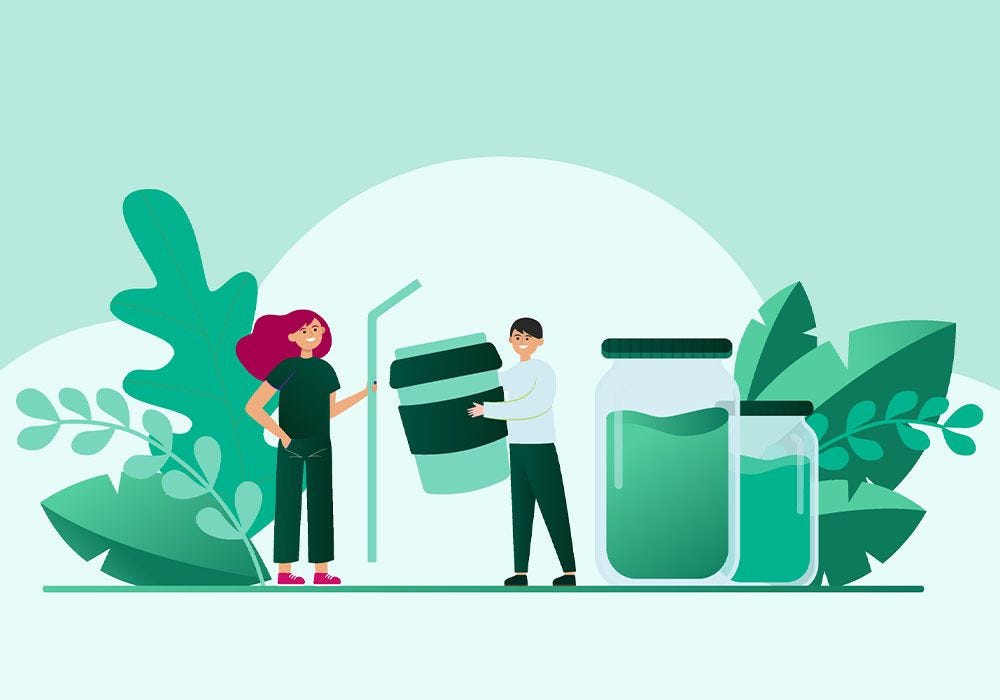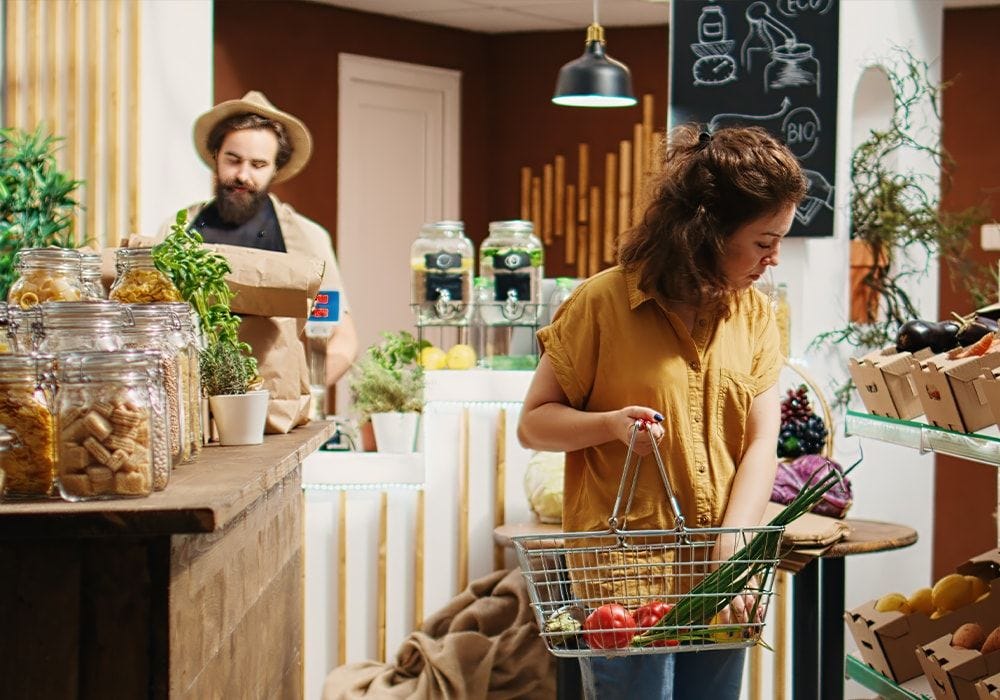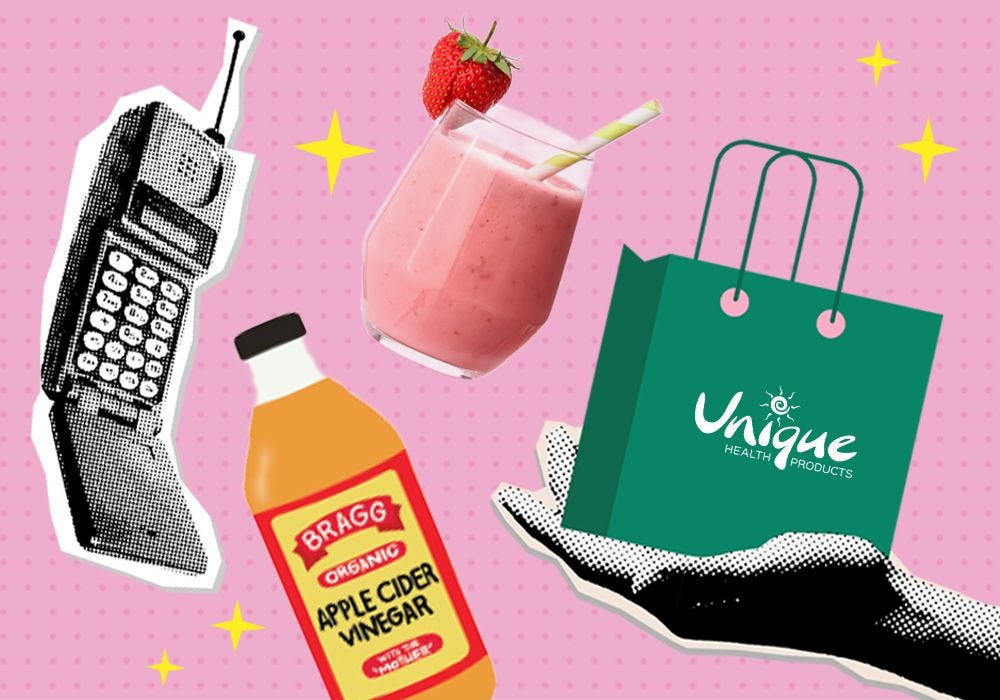Price is king when it comes to purchasing decisions. Or is it?
Research shows more than 63% of consumers put health, social or environmental concerns first when deciding which products to buy.
Driven by a trend towards more mindful living and greater awareness of the need for environmental sustainability and social responsibility, consumers are evolving. The challenge for those on the other side of the transaction is to keep pace and make it easier for consumers to make the mindful choices they want.
Defining the conscious consumer
For the conscious consumer, their purchasing habits are intertwined with their values. They consider social, environmental and ethical concerns when choosing which brands and products to buy.
A conscious consumer understands that purchases don't happen in a vacuum. Every product has a life cycle that includes the brand's supply chain and business model and how the product and packaging are disposed of. This life cycle is one of the considerations they use when deciding.
They'll ask themselves questions. Is the purchase necessary? Does the product contain ingredients or materials that are unethical or not eco-friendly? Do the brand's values align with its values?
Does conscious consumerism spell the end of retail?
Conscious consumerism isn't anti-consumerism. Instead, it's about purchasing well. Aware consumers look for high-quality products that will last. They are mindful of their purchases and take the time to research what they buy.
The thing is, not all conscious consumers are the same. Some will rank environmental concerns highly, while others are more concerned with fair working conditions for the people who make the product. Farming practices, the treatment of animals, human rights, climate change, and plastic waste are just some things a conscious consumer may consider.
This isn't the end of retail. This is a consumer-led retail evolution.
Three opportunities for retailers
To continue attracting and marketing to the conscious consumer, your strategy may require a rethink—a shift in approach to bring your values to the fore. Amid the change, there are several opportunities for retailers and brands alike.
Mindful living
Conscious consumerism and mindful living go hand in hand. Mindful living is all about being present at the moment. Mindfulness is one element of mindful living, but so is consciously making decisions to enjoy the little things.
Home cooking, exercise, meditation, kindness, enjoying nature, slowing down, eating slowly, and journaling are examples of mindful living. Much like conscious consumerism, mindful living is intentional and values-driven.
The Joy of Missing Out
You're familiar with FOMO. The fear of missing out is often associated with mindless consumerism. But the joy of missing out is the new trend. JOMO is “a 'refusal' to engage in hyper-consumption, and to instead engage in meaningful consumption.” With JOMO, there is more joy in the meaning of the purchase and using or gifting the product than in the actual purchase itself.
There is another element to JOMO, which is the JOMO of reclaiming your time as your own. Consumers find joy in shunning social events in favour of staying in to indulge in self-care.
Eco essentials
Research shows that 'Eco Actives', i.e. people who consistently take active steps to reduce their environmental footprint, make up 20% of consumers. A further 39% of consumers are 'Eco Considerers' who take some steps but not as consistently as Eco Actives.
With plastic waste a big concern, eco-conscious consumers seek low-waste options. They are concerned with the impact on the entire supply chain and like to buy from transparent brands in their sustainability commitments and actions.
Cater consciously
Order online or via our sales team at 1800 787 904. Alternatively, register for a wholesale account here.
Price is king when it comes to purchasing decisions. Or is it?
While 37% of Australian consumers still put affordability first, they quickly become a minority against a new breed of conscious consumers. According to consumer research, more than 50% of consumers put health, social or environmental concerns first when deciding which products to buy.1
Driven by a trend towards more mindful living and greater awareness of the need for environmental sustainability and social responsibility, consumers are evolving. The challenge for those on the other side of the transaction is to keep pace and make it easier for consumers to make the mindful choices they're looking for.
Defining the conscious consumer
For the conscious consumer, their purchasing habits are intertwined with their values. They consider social, environmental and ethical concerns when choosing which brands and products to buy.
A conscious consumer understands that purchases don't happen in a vacuum. Every product has a life cycle that includes the brand's supply chain and business model and how the product and its packaging are disposed of. This life cycle is one of the considerations they use when deciding.
They'll ask themselves questions. Is the purchase necessary? Does the product contain ingredients or materials that are unethical or not eco-friendly? Do the brand's values align with their values?
Does conscious consumerism spell the end of retail?
Conscious consumerism isn't anti-consumerism. Instead, it's about purchasing well. Conscious consumers look for high-quality products that will last. They are mindful of their purchases and take the time to research what they buy.
The thing is, not all conscious consumers are the same. Some will rank environmental concerns highly, while others are more concerned with fair working conditions for the people who make the product. Farming practices, the treatment of animals, human rights, climate change, and plastic waste are just some things a conscious consumer may consider.
This isn't the end of retail. This is a consumer-led retail evolution.
Three opportunities for retailers
To continue attracting and marketing to the conscious consumer, your strategy may require a rethink. A shift in approach to bring your values to the fore. Amid the change, there are several opportunities for retailers and brands alike.
1. Mindful living
Conscious consumerism and mindful living go hand in hand. Mindful living is all about being present in the moment. Mindfulness is one element of mindful living, but so is consciously making decisions to enjoy the little things.
Home cooking, exercise, meditation, kindness, enjoying nature, slowing down, eating slowly and journaling are all examples of mindful living. Much like conscious consumerism, mindful living is intentional and values-driven.
2. The Joy of Missing Out
You're familiar with FOMO. The fear of missing out is often associated with mindless consumerism. But the joy of missing out is the new trend. JOMO has been described as “a 'refusal' to engage in hyper-consumption, and to instead engage in meaningful consumption.” 2 With JOMO, there is more joy in the meaning of the purchase and using or gifting the product than in the actual purchase itself.
There is also another element to JOMO, and that is the JOMO of reclaiming your time as your own. Consumers find joy in shunning social events in favour of staying in to indulge in self-care.
3. Eco essentials
Research shows that 'Eco Actives', i.e. people who consistently take active steps to reduce their environmental footprint, makeup 20% of consumers. A further 39% of consumers are 'Eco Considerers' who take some steps but not as consistently as Eco Actives.3
With plastic waste a big concern, eco-conscious consumers are looking for low-waste options. They are concerned with the impact on the entire supply chain and like to buy from transparent brands in their sustainability commitments and actions.
Cater to the conscious consumer
At Unique Health Products we proudly make it easier for you to meet the needs of your conscious consumers. We have a huge range of top-selling, sustainable brands and products to add to your shelves. Shop online 24/7 or call our friendly sales team on 1800 787 904. If you're a new Unique Health Products customer, you can register your account here.
Sources:
1. EY, 2021
2. Macquarie University, 2021
3. Kantar, 2020.





